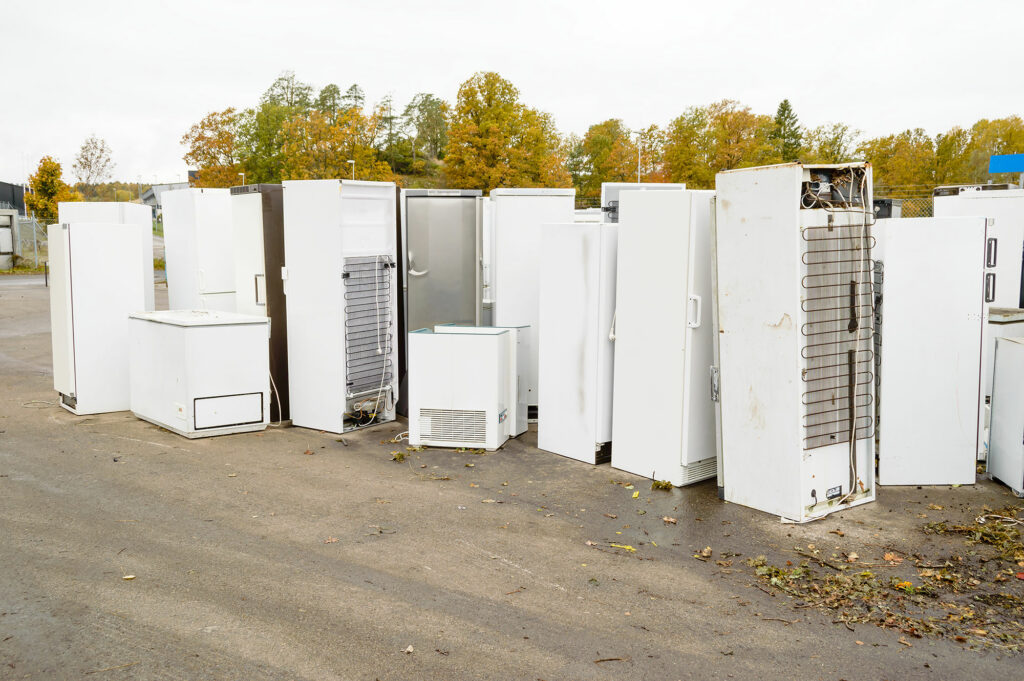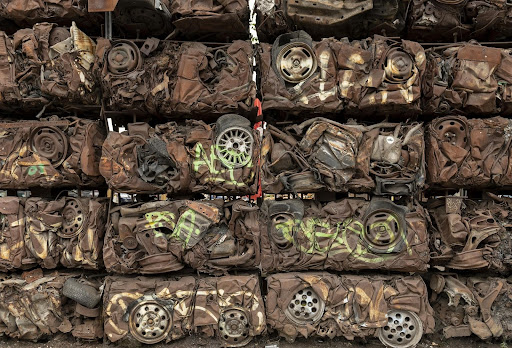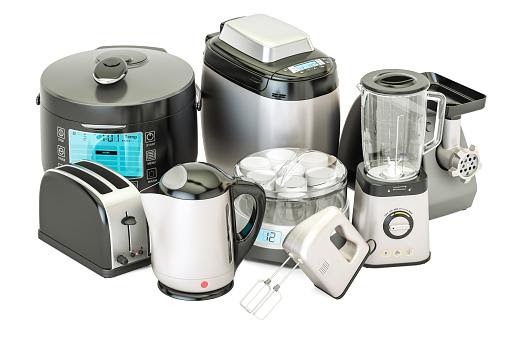What do refrigerators, ice makers, and vending machines have in common? They all use refrigerants (also known as coolants) to do the things we count on them for. They’re also all recyclable, but that refrigerant poses a few problems that have to be handled first.
WHY SHOULD I RECYCLE MY USED REFRIGERATOR?
- It’s actually illegal to throw away refrigerators.
- The valuable appliance components may yield a monetary return if recycled.
WHY IS IT ILLEGAL TO THROW AWAY MY REFRIGERATOR?
The potential chemical damage caused by freon and other refrigerants resulted in a nationwide ban on the disposal of these liquids in landfills.
This is a federal law and should be taken seriously.
WHAT ARE REFRIGERANTS?
Don’t get your tongue all twisted around those names: most people know CFCs by the name Freon, which is a trademark of the Chemours Company, or simply as “greenhouse gases.” In addition to the appliances named above, CFCs also show up in some aerosol products as well as air conditioning units, dehumidifiers, and freezers.
Types of Refrigerants:
• R-22 refrigerants: These are typically present in older models. Because of their destructive properties, there have been steps taken to reduce the amount of toxicity in these materials.
• R410A refrigerants: These are typically present in newer models and are the result of years of testing and experimentation. This product is technically less harmful than R-22, and it passes EPA standards. Unfortunately, this refrigerant can still negatively impact the environment and is still a concern if dealt with improperly.
Other Liquid Materials:
- Mercury – most units produced before the year 2000 will contain trace amounts of mercury
- Compressor Oil – all instances of compressor oil must be extracted before the recycling process can begin.
WHY SHOULD I CARE ABOUT REFRIGERANTS?
For the same reason that you care about sunscreen at the beach. When released into the atmosphere, refrigerants cause damage to the ozone layer – the layer of Earth’s atmosphere that helps filter the sun’s ultraviolet radiation. When the ozone layer is damaged or depleted, UV rays have a more direct path to the Earth’s surface, and those who inhabit it. And sunburn is just one example of the consequences of higher UV exposure. CFCs also compound the heat that’s trapped in our atmospheric “bubble” and prevent the planet from cooling off.
It may not seem like a big deal to the individual who has maybe one or two cooling units in their home, but when you consider the hundreds of millions of households even in just developed countries, and the industries that rely on refrigerated appliances on a large scale, suddenly it’s easier to see why CFCs are a topic of global concern. In fact, CFCs are on their way out, after an international effort to curb their production and trade.
Recycling Refrigerators For Cash
Since trashing your refrigerator is illegal, the best option for you and for the environment is to recycle the fridge.
WHAT RECYCLABLE MATERIALS ARE PRESENT IN REFRIGERATORS?
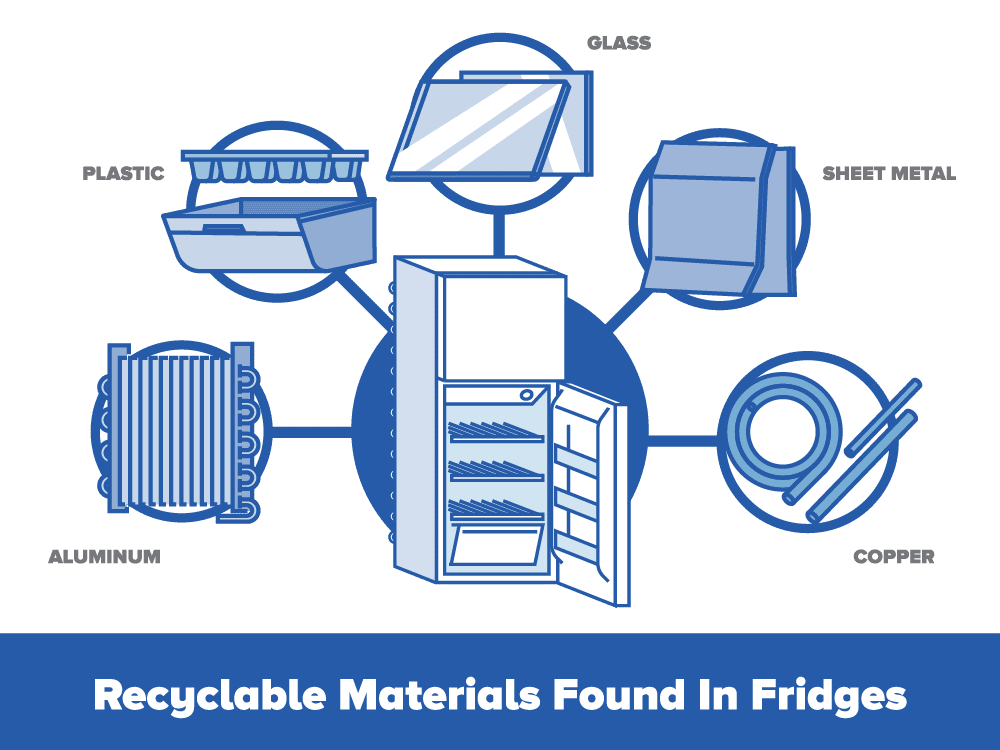
- Sheet Metal
- Aluminum
- Glass
- Plastic
- Copper
There are many types of metals and plastics that make up the components of refrigerators. However, aluminum is most frequently used because of its resistance to corrosion.
The tubing in modern components is typically made of copper or, once again, aluminum. These materials are utilized because they increase system efficiency and exhibit fantastic thermal transferring capabilities.
While plastics aren’t utilized for system efficiency, they’ve been implemented recently in an effort to cut cost and reduce appliance weight.
Sheet metal typically covers and encases the refrigeration system. This is usually painted or powdered to prevent deterioration and rusting caused by external elements.
STIPULATIONS FOR RECYCLING A REFRIGERATOR?
Before a refrigerator or any other CFC-containing unit can be recycled as scrap, it must be drained of its coolants. And that’s not as simple as cutting a hose or removing the compressor.
The Environmental Protection Agency has regulations under Section 608 of the Clean Air Act that define the proper handling, removal of and recycling of refrigerants. Individuals and businesses can both be held liable for releasing CFCs into the atmosphere.
To responsibly evacuate a unit of coolant, the coolant must be recaptured by a recovery system and not allowed to escape into the air. Typically, your local HVAC provider has the right tools and can provide this service prior to having your unit recycled. We strongly recommend that you do not try this at home.
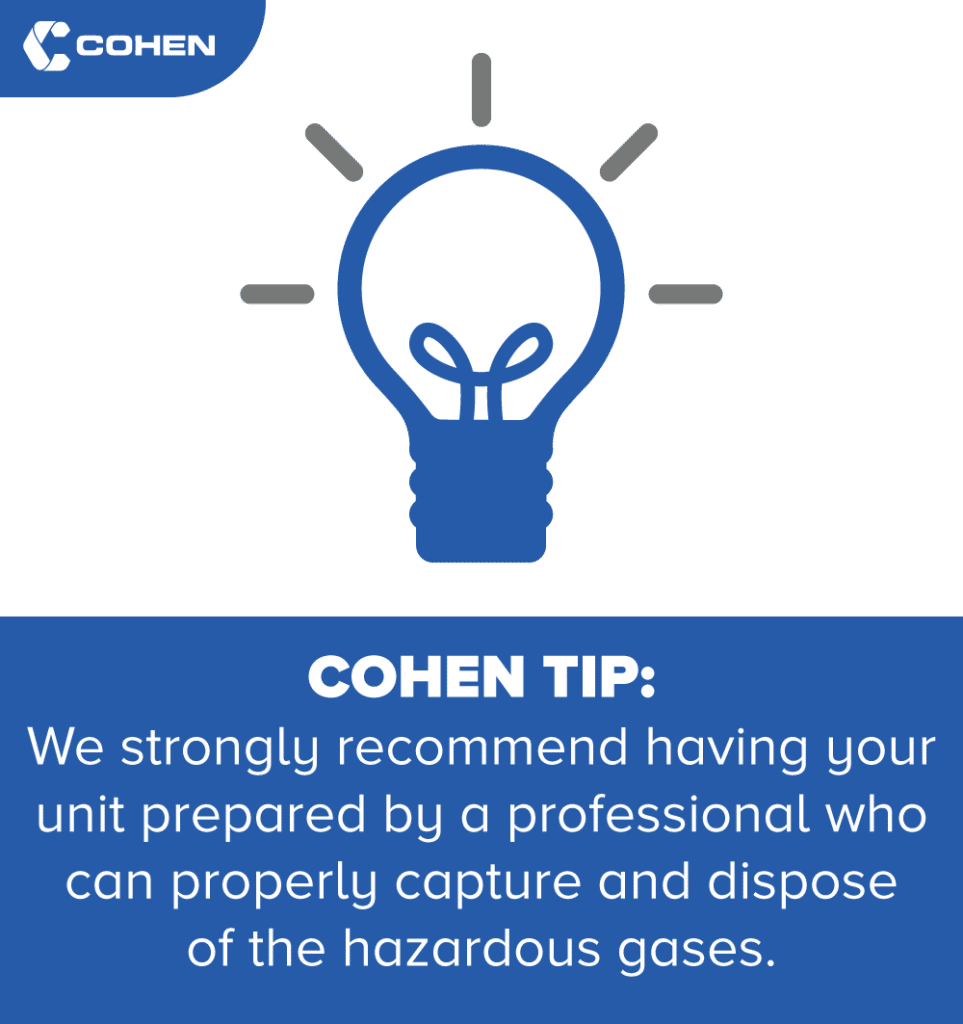
If the refrigerator is intact, including the compressor and/or intact coolant lines, there is a $15 handling charge per unit. This is to cover costs associated with properly draining the hazardous coolant gases that these units contain.
If the unit has already been dismantled and/or drained, the customer must sign a document that includes the name of the person or company that removed the coolant, and will be paid the scrap value of the unit.
DOES COHEN ACCEPT REFRIGERATORS AND OTHER COOLING UNITS?
Absolutely. We’d certainly rather see your appliances recycled and used to manufacture new ones than taking up space in a landfill where they will take hundreds of years or more to decompose.
Any size, brand, type, and age of refrigerator will have recyclable materials. Cohen will anything from mini-fridges to full, modern, double-door refrigerators.
The larger refrigerators will typically provide you with more value for your scrap, due to the fact there is simply more valuable metal and plastic.
However, we are committed to doing it the right way. Our policy is as follows:
If the unit is intact, including the compressor and/or intact coolant lines, there is a $15 handling charge per unit. This goes towards our costs to properly recover the coolant.
If the unit has already been disassembled and/or drained, Cohen requires information about who performed the evacuation (such as a receipt from a professional) and a signature affirming the condition of the unit when it was turned over to us.

